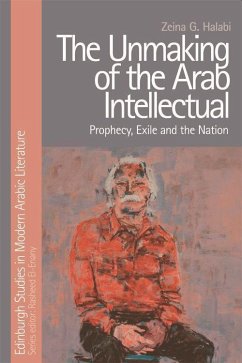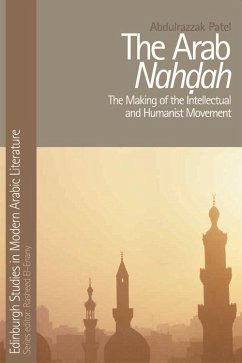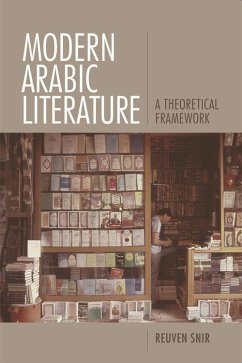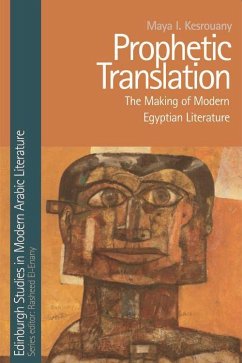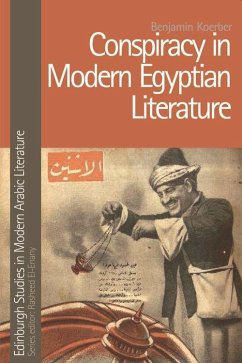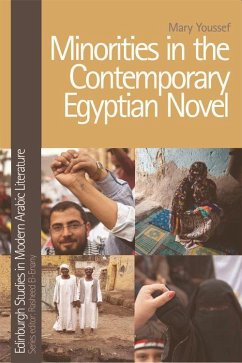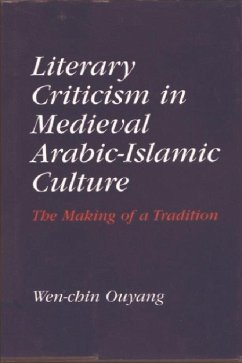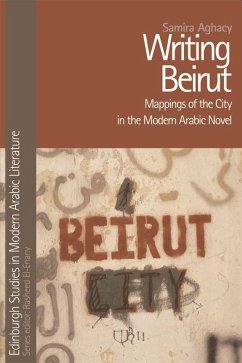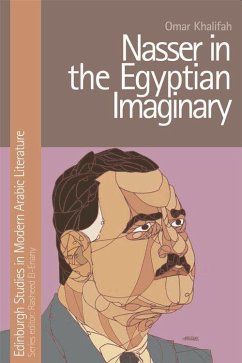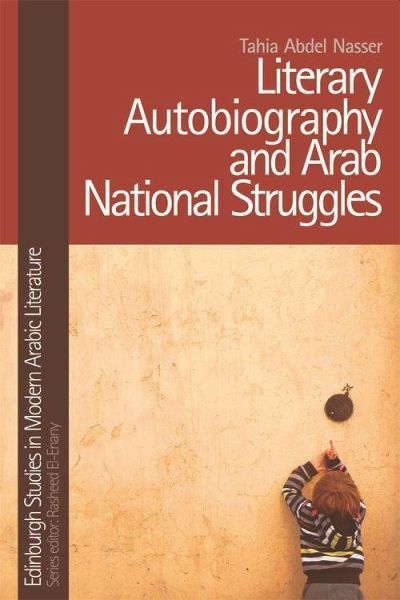
Literary Autobiography and Arab National Struggles
Versandkostenfrei!
Versandfertig in über 4 Wochen
142,99 €
inkl. MwSt.
Weitere Ausgaben:

PAYBACK Punkte
71 °P sammeln!
Examines the effects of colonialism and independence on modern Arab autobiography written in Arabic, English and French In memoirs, Arab writers have invoked solitude in moments of deep public involvement. Focusing on Taha Hussein, Sonallah Ibrahim, Assia Djebar, Latifa al-Zayyat, Mahmoud Darwish, Mourid Barghouti, Edward Said, Haifa Zangana, and Radwa Ashour, this book reads a range of autobiographical forms, sources, and affinities with other literatures. Taking a comparative approach, Nasser shows the local sources of contemporary Arab autobiography, adaptations of a global genre, and cultu...
Examines the effects of colonialism and independence on modern Arab autobiography written in Arabic, English and French In memoirs, Arab writers have invoked solitude in moments of deep public involvement. Focusing on Taha Hussein, Sonallah Ibrahim, Assia Djebar, Latifa al-Zayyat, Mahmoud Darwish, Mourid Barghouti, Edward Said, Haifa Zangana, and Radwa Ashour, this book reads a range of autobiographical forms, sources, and affinities with other literatures. Taking a comparative approach, Nasser shows the local sources of contemporary Arab autobiography, adaptations of a global genre, and cultural exchange. She also examines different aspects of the contemporary autobiography as it has evolved in the Arab world during the past half-century, focusing on the particularity of the genre written in different languages but pertaining to one overarching Arab culture. Drawing on memoirs, testimonies, autobiographical novels, poetic autobiography, journals, and diaries, she examines solitude and national struggles in contemporary Arab autobiography. Key Features * Traces the effects of anticolonial and anti-imperialist movements on Arab autobiographical production in Arabic, English, and French in the twentieth- and twenty-first centuries * Provides a new assessment of autobiographical works in Arab literature and a contribution to discussions of postcolonialism and world literature * Considers the genre's affinities with other literatures in the global South * Examines the effects of national movements on contemporary reworkings of the genre in which Arab writers re-envision subjectivity in national cultures and transnational networks




